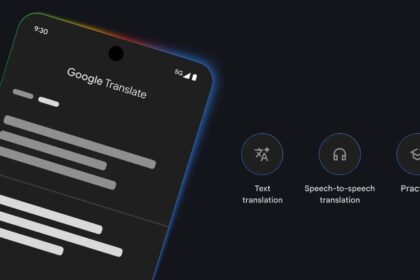Google is reportedly preparing a major shift in its hardware strategy for the upcoming Pixel 11. According to reliable leaker Mystic Leaks, the company plans to replace Samsung’s connectivity modem with a MediaTek component in the next-generation Tensor G6 chipset.
The new modem in question is said to be the MediaTek M90, capable of delivering download speeds of up to 12 Gbps. Beyond speed, the component is expected to offer improved energy efficiency, potentially extending battery life on future Pixel phones. It will also include advanced AI features and optimised 5G performance, key to Google’s growing focus on intelligent connectivity.
Break from Samsung
This change would mark the end of a significant chapter in Google’s hardware history. Since 2021’s Pixel 6, when the first Tensor (G1) debuted, Samsung has been both a manufacturing partner and the supplier of Exynos modems for Google’s custom chips. The current Pixel 10, powered by the Tensor G5, still uses a Samsung Exynos modem.
For Samsung, this move could have negative implications, especially amid challenges faced by Samsung Foundry, its semiconductor manufacturing arm. Still, the company continues to develop the Exynos 2600, which is expected to power next year’s Galaxy S26 lineup.
Partnership Continues on the Software Front
Despite the potential “hardware divorce,” Google and Samsung’s collaboration remains strong in software. The Gemini AI assistant continues to be integrated into Galaxy devices, while features like Samsung DeX are now embedded directly into Android 16.
Their partnership also extends to new product categories — such as the upcoming Galaxy XR headset, which will run a custom version of Android tailored for mixed reality experiences.
If confirmed, the Pixel 11’s adoption of MediaTek hardware would represent a major strategic pivot for Google — potentially boosting performance and efficiency while diversifying its hardware ecosystem.










